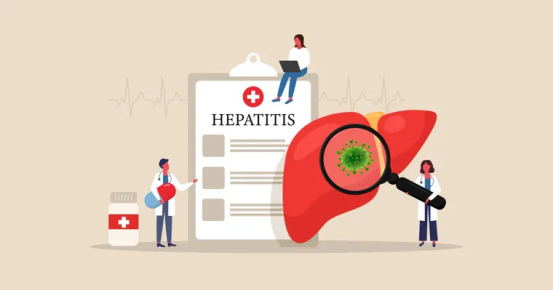Early detection of hepatitis C is crucial for effective treatment. Identifying early signs and symptoms can be difficult because they are often mild and can easily go unnoticed.

What is Hepatitis C?
Hepatitis C is an infection of the liver that can lead to serious liver damage. The hepatitis C virus (HCV) causes the infection, and according to WebMD, it affects about 2.4 million people in the United States. Many infected people are unaware they have the disease because symptoms are limited.
The virus can be spread through the blood or body fluids of an infected person, the source explained. There are several forms of the hepatitis C virus, with type 1 being the most common in the United States.
Early Symptoms of Hepatitis C
Most people who contract hepatitis C experience no initial symptoms at all. In fact, the World Health Organization says 80 percent of people infected with the virus initially show no early signs of the disease.
If symptoms do occur, they may vary depending on whether you have acute or chronic hepatitis C. During the acute phase of infection, some people may experience vague flu-like symptoms or symptoms similar to those of liver disease, such as jaundice and stomach pain, according to the Cleveland Clinic.
How is it transmitted?
Hepatitis C is a virus that can be spread through blood-to-blood contact. This means that if your blood comes in contact with the blood of someone with the virus, you are at risk for infection, Healthline warns. Transmission can occur in a variety of ways, including sharing needles, getting a tattoo or piercing with unsterilized equipment, and even childbirth.
Available treatment options
Hepatitis C infection can be treated with antiviral medications, but the duration and choice of medication depends on a variety of factors, such as genotype, the presence of existing liver damage, medical history, and previous treatments.
The most common are newer direct-acting antiviral drugs, which, when combined with existing drugs, can produce better results, shorter treatment times, and fewer side effects, the Mayo Clinic says.
A liver transplant may be another option if you have severe complications from a chronic hepatitis C infection. Surgeons remove the damaged liver and replace it with a healthy one. However, the Mayo Clinic notes that the infection is likely to recur, so antiviral medications will still be needed.





